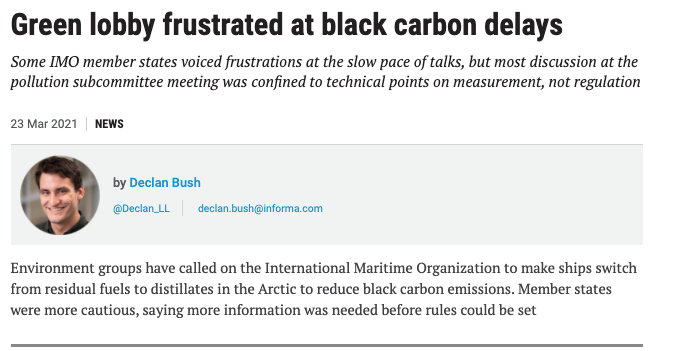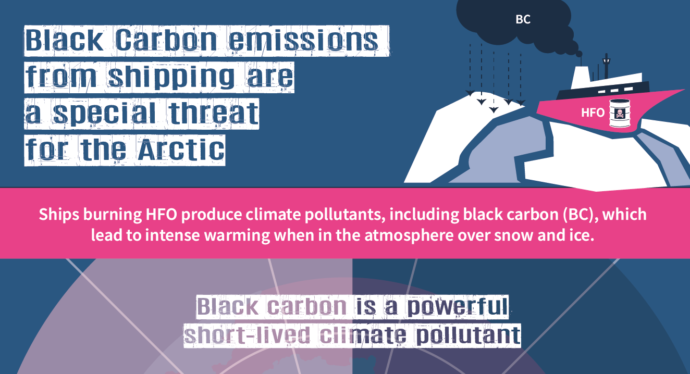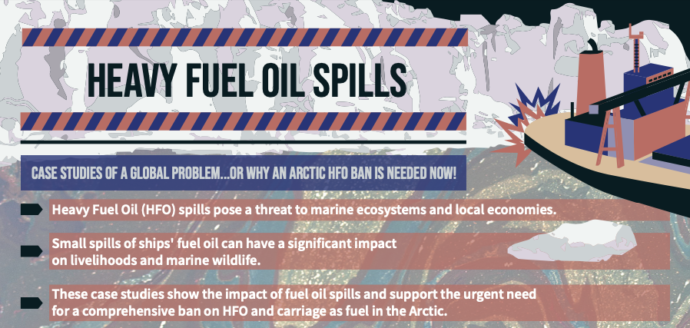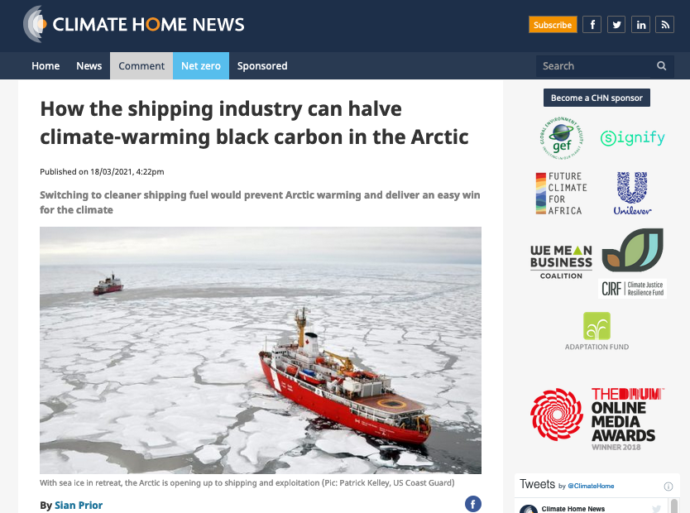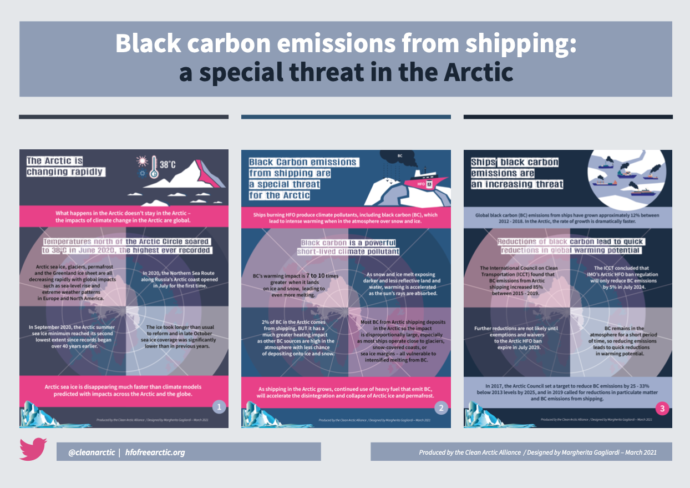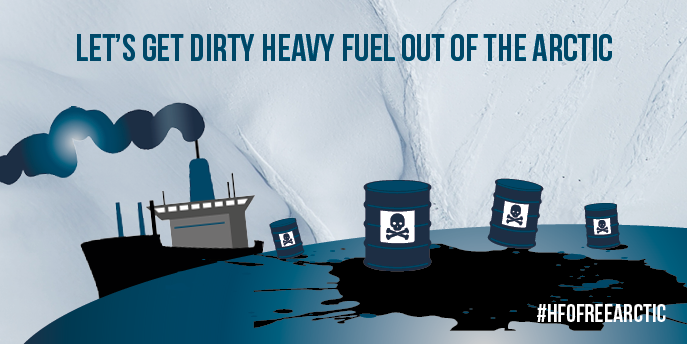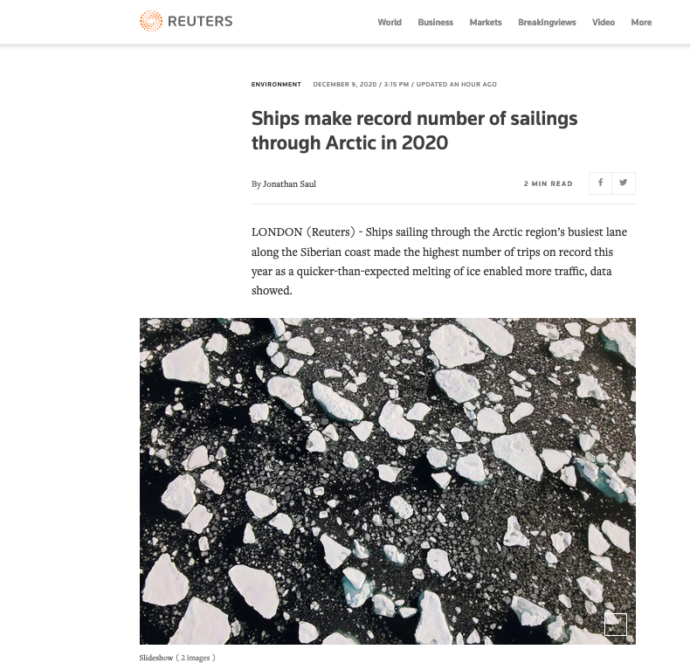Lloyds List, PP48: Green lobby frustrated at black carbon delays
Environment groups have called on the International Maritime Organization to make ships switch from residual fuels to distillates in the Arctic to reduce black carbon emissions. Member states were more cautious, saying more information was needed before rules could be set.

